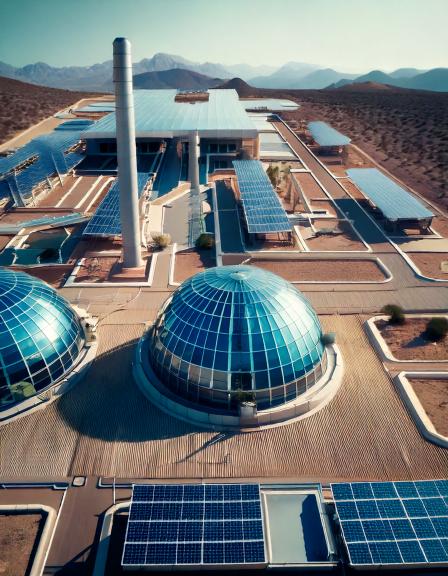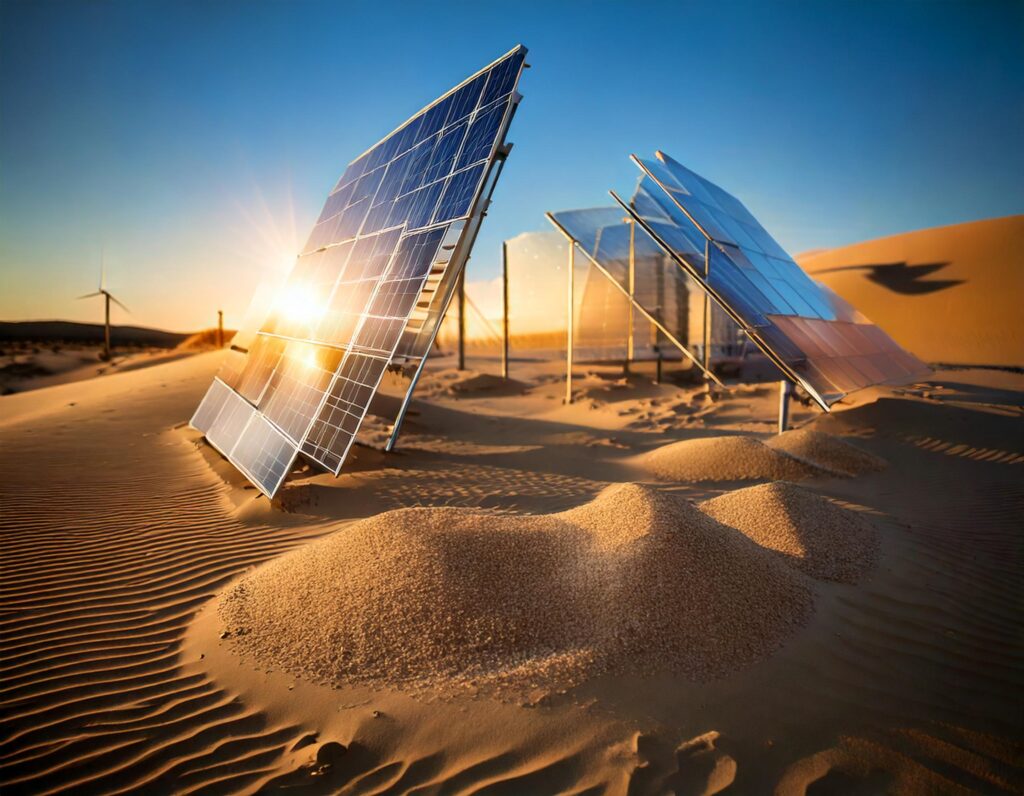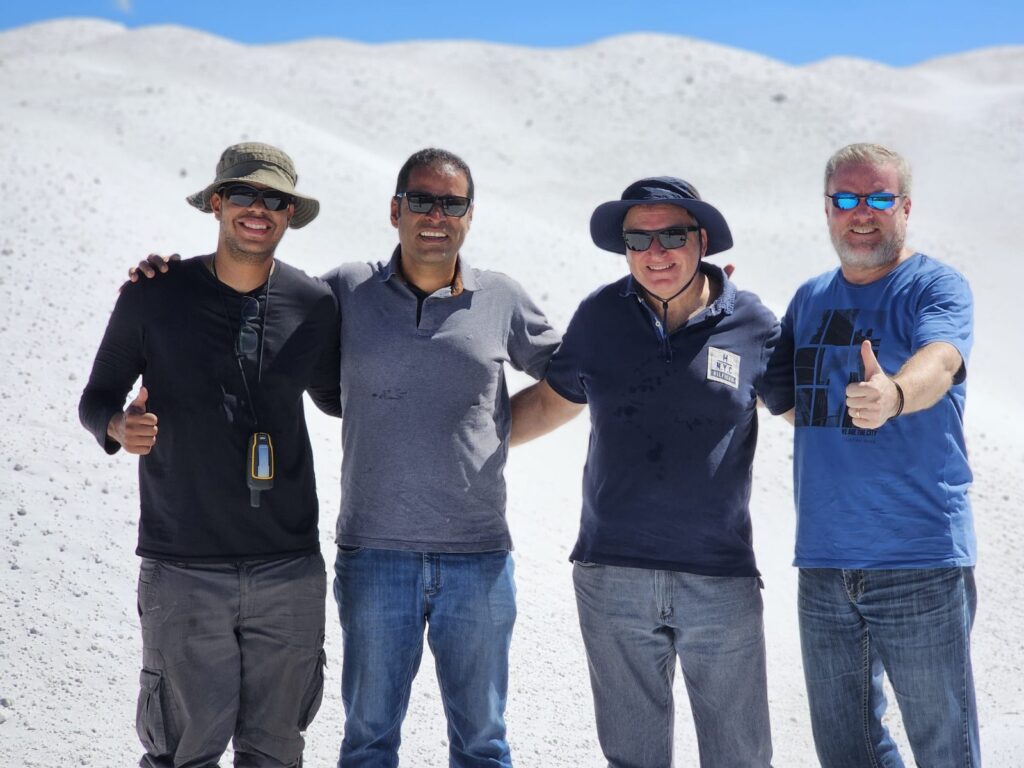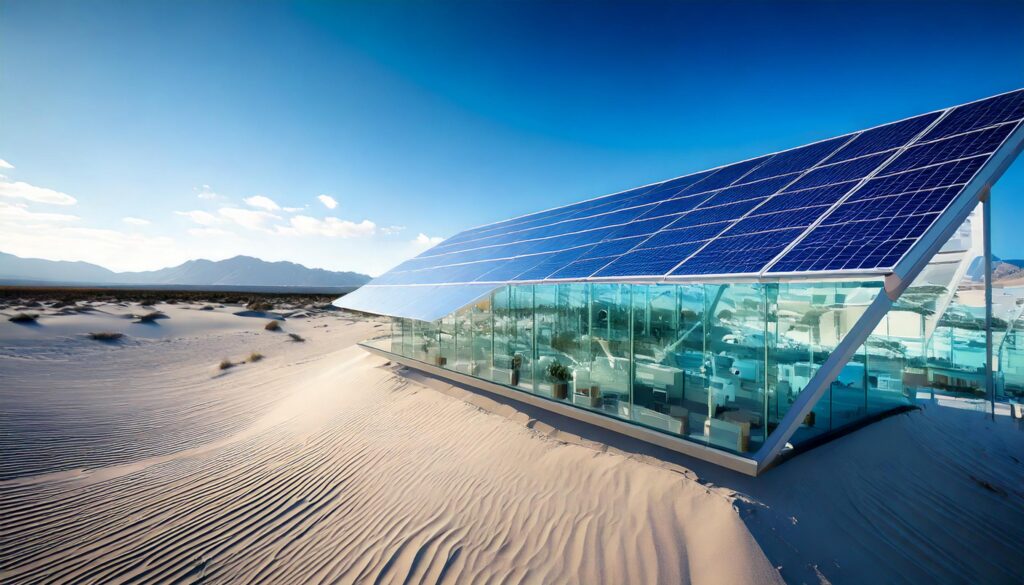- +1 604-862-4184 (WhatsApp)
- [email protected]
- TSXV: HMR | OTC: HMRFF | FSE: 5ZE


KEY POINTS:


COMPLETED:
IN PROCESS:


The facility is designed for 1,000 tonnes per day, totaling roughly 365,000 tonnes per year, making it Latin America’s first large-scale dedicated solar glass plant.
The plant will be located beside high purity, low-iron silica sand resources owned by Homerun, reducing input costs and logistics, and ensuring consistent supply of premium feedstock for solar. glass manufacturing
Secured offtake agreements already exceed 300,000 tonnes annually and are expected to surpass plant capacity, reflecting high market demand and solid revenue visibility from leading Brazilian solar module manufacturers
The solar glass manufacturing budget is estimated at €150 million, with additional funds for construction and utilities. Homerun is engaging with international financial syndicates for capital funding including discussions with the industrial development bank of the Brazil Government (BNDES) where Homerun has recently received a Joint Support Plan for funding.
Brazil recently imposed a 25% tariff on imported Chinese solar components, including glass, and expanded tax incentives for domestic supply, protecting Homerun’s pricing power and profitability
The plant will incorporate advanced energy-efficient systems and flue gas treatment for low emissions. Natural gas will be used as the primary energy source, with additional measures for environmental compliance.
Homerun expects to create up to 500 direct jobs, 2,800 indirect jobs, and 1,000 temporary jobs during construction, plus technical training programs and regional infrastructure upgrades
A Memorandum of Understanding secures land donation from the municipal government, expedited permitting, dedicated natural gas supply, and substantial tax incentives for Homerun’s projects in Bahia
Owning both the raw silica resource and glass manufacturing allows for cost control, reduced supply chain risks, and enhanced margins, positioning Homerun as a market leader in Brazil’s surging solar sector
The solar glass will be sold FOB (Free On Board) the plant in Belmonte, Brazil. Once goods are on board, risk and costs transfer to the buyer, who becomes responsible for marine freight, insurance, unloading, import clearance, and onward carriage.